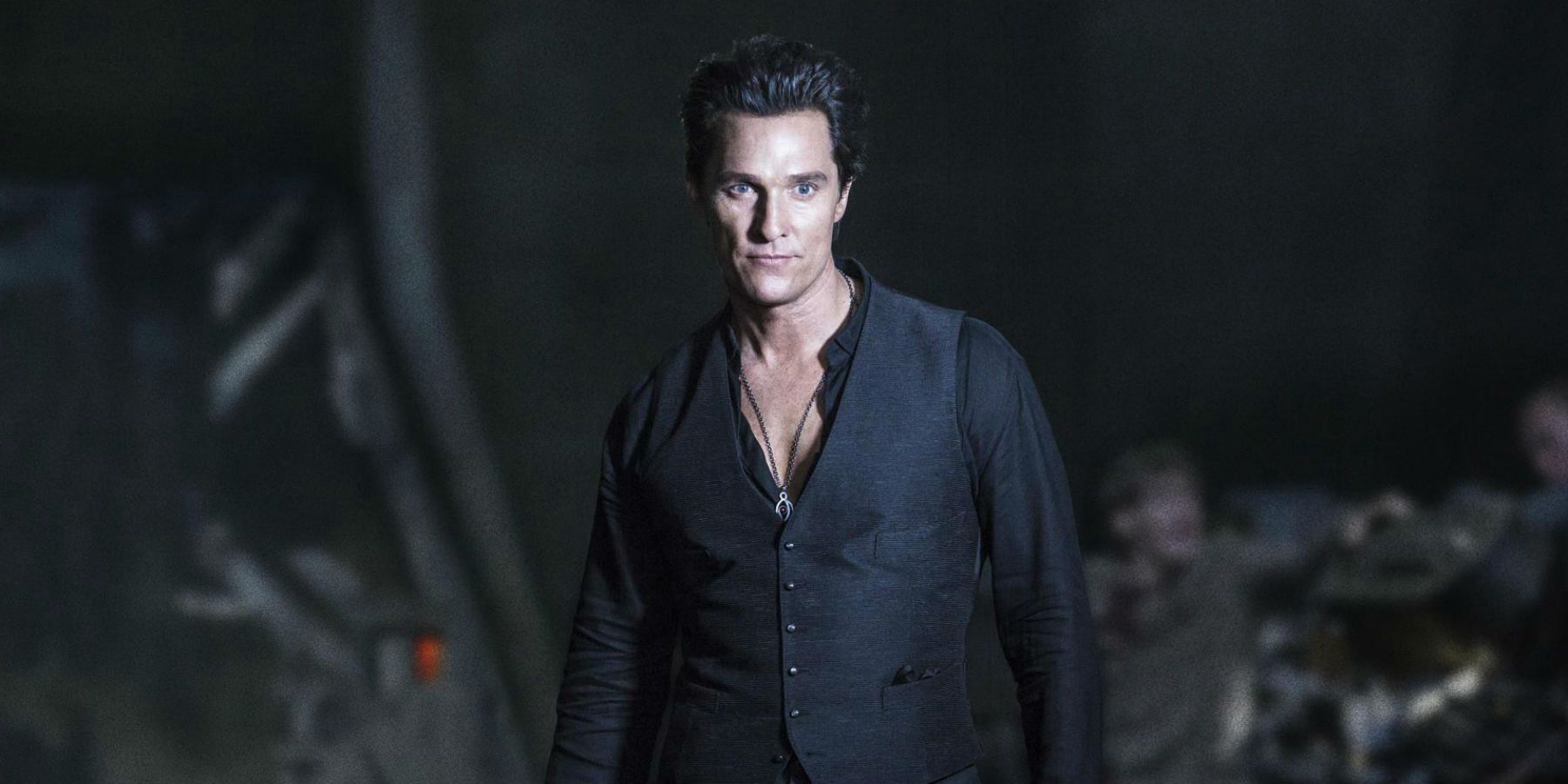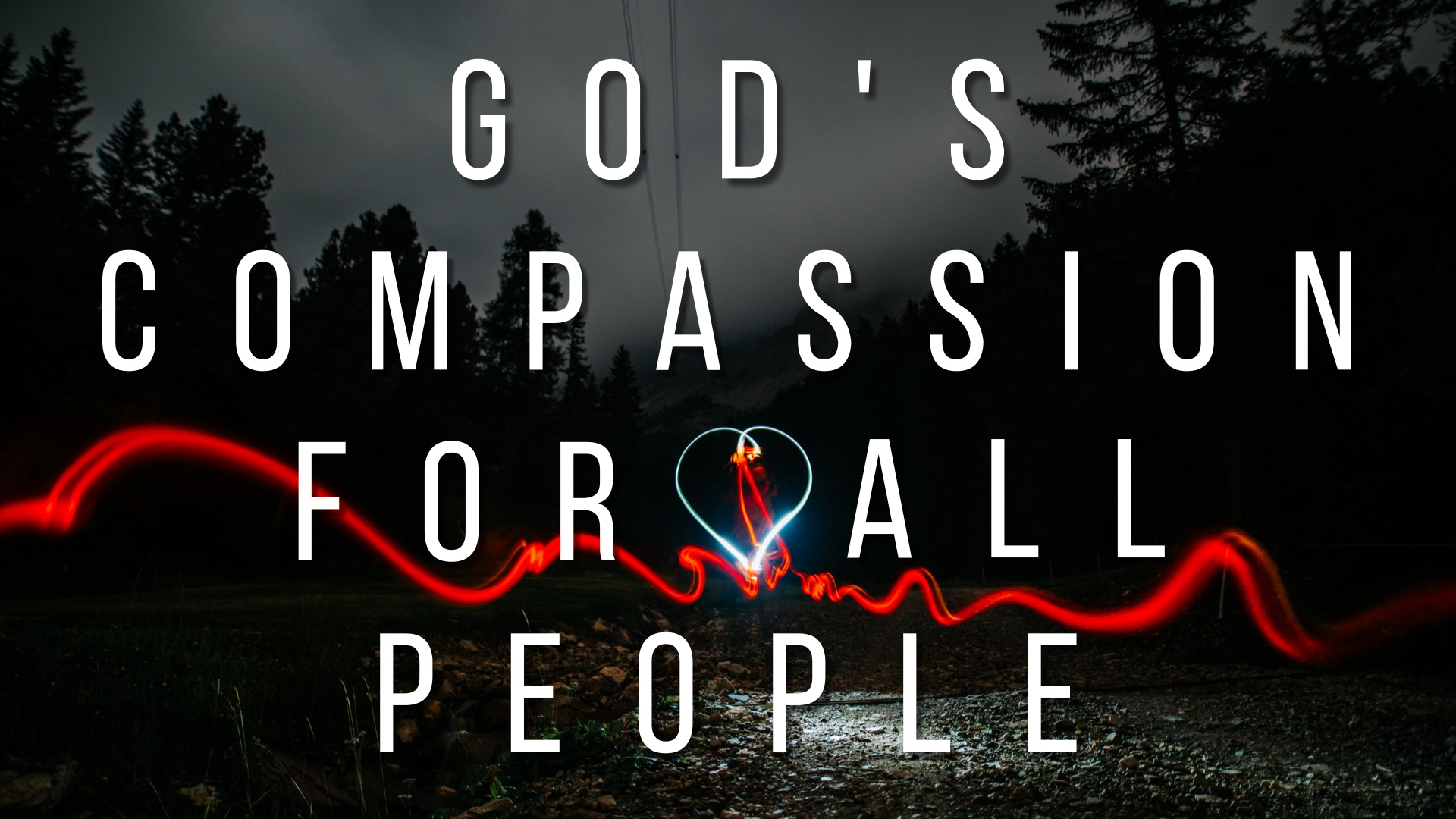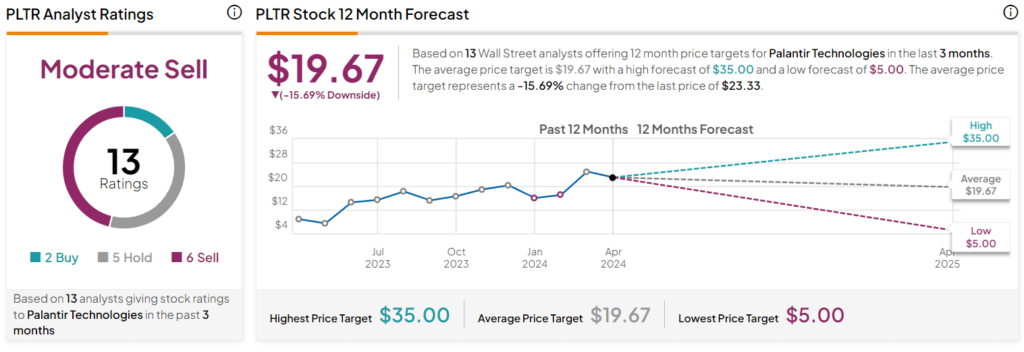These 4 Randall Flagg Theories Will Change Your Stephen King Reading Experience

Table of Contents
The Theory of the Walking Dude: Flagg as an Ancient, Supernatural Entity
Evidence from The Stand and beyond:
Analyzing Flagg's seemingly ageless nature and his ability to manipulate events across vast stretches of time is key to understanding this theory.
- In The Stand, Flagg's manipulative power spans decades, influencing key players subtly and directly.
- His appearances in The Dark Tower series position him as a powerful, ancient entity tied to the very fabric of King's multiverse.
- Even in seemingly unrelated novels like Eyes of the Dragon, Flagg's presence hints at a timeless, malevolent influence.
The sheer scope of Flagg's influence suggests he's more than just a human villain. The possibility exists that Flagg is an embodiment of pure evil, a primordial force predating humanity, or even a demonic entity of immense power. This ancient entity theory opens up fascinating avenues for interpreting his actions and motivations.
The implications for King's multiverse:
This theory connects Flagg to other supernatural elements in King's works, particularly the Crimson King.
- Flagg's actions often mirror or foreshadow events within the Dark Tower series, suggesting a deeper connection to the overarching narrative.
- The manipulative nature of both Flagg and the Crimson King points towards a shared origin or purpose within King's cosmology.
- Consider Flagg’s ability to manipulate individuals to further his own ends; it parallels the Crimson King’s far-reaching influence.
The implications of Flagg being a being beyond human comprehension are staggering. It transforms the narrative from a simple good versus evil story into a cosmic struggle against an ancient, powerful force.
The "Many Flagg" Theory: Flagg as a Recurring Archetype
Analyzing Flagg's different incarnations:
Flagg's adaptability is a crucial element of this theory. He seamlessly adapts to different settings and time periods, embodying diverse personalities while maintaining a consistent core of malevolence.
- Compare Flagg's charismatic and charming persona in The Eyes of the Dragon to his ruthless and openly malevolent self in The Stand. The differences are striking, yet the underlying manipulative tactics remain consistent.
- His ability to blend in, to become whoever is needed to exploit weakness, is a powerful tool in his arsenal.
- Even his physical appearance changes subtly across his appearances, mirroring his shifting roles and the environment he inhabits.
This versatility allows Flagg to remain a constant threat across disparate narratives, acting as a recurring symbol of evil's enduring presence.
Flagg as a metaphor for temptation and societal collapse:
This perspective focuses on Flagg's function as a symbol of societal anxieties and the seductive nature of evil.
- He preys on the weaknesses of individuals and societies, exploiting their vulnerabilities to sow discord and chaos.
- In each story, he embodies the tempting allure of power, corruption, and self-destruction.
- His appeal to characters' desires for power or control highlights the seductive nature of evil and its ability to mask itself in appealing guises.
Flagg, therefore, becomes a reflection of our own internal struggles – our capacity for both good and evil, and the constant battle against temptation.
The Fallen Angel Theory: Flagg as a Disgraced Celestial Being
Flagg's connection to religious symbolism:
This theory explores the use of biblical imagery and allusions associated with Flagg's character.
- His name itself, "Flagg," evokes imagery of a fallen flag, suggesting a loss of grace or divine favor.
- His actions often parallel those of biblical figures associated with betrayal or deception.
- The scope of his power and influence could be connected to a divine or supernatural source, now corrupted and twisted.
The subtle religious undertones woven into Flagg's character add a layer of depth and complexity to his persona.
Implications for the nature of good and evil in King's universe:
This perspective examines Flagg as a perversion of divine power, a fallen being representing the corruption of something inherently good.
- His existence adds a nuanced understanding to the conflict between good and evil, proposing a more complex relationship than a simple binary opposition.
- He represents the potential for even divine entities to fall from grace and embrace darkness.
- This concept adds depth to the thematic exploration of good versus evil in King's broader cosmology.
Flagg becomes a representation of corrupted divine potential, highlighting the ever-present possibility of moral transgression, even at the highest levels of being.
The Anti-Roland Theory: Flagg as a Necessary Counterpart to the Gunslinger
Flagg's role as a foil to Roland Deschain:
This theory emphasizes Flagg's function as a catalyst for Roland's journey, a necessary antagonist whose actions drive the overarching narrative of the Dark Tower series.
- Flagg's actions consistently obstruct Roland’s path, pushing him towards his ultimate destiny.
- Their conflict is not merely a clash of personalities but a cosmic struggle with profound implications for the entire multiverse.
- Flagg's presence serves to highlight Roland's determination and ultimately strengthens his resolve.
Flagg, despite his evil, plays a crucial role in shaping the destiny of Roland and the Dark Tower itself.
The cyclical nature of their conflict:
This perspective proposes that the conflict between Flagg and Roland is a never-ending cycle, a fundamental cosmic battle.
- Their struggle transcends individual stories, representing a fundamental tension within the structure of King's multiverse.
- Flagg's existence might be necessary to maintain a certain balance within the cosmic order, a dark counterpoint to Roland’s light.
- Their conflict might be a repeating pattern, destined to play out again and again across different times and realities.
This cyclical conflict adds a layer of philosophical depth, exploring the inherent duality and interconnectedness of good and evil in King's universe.
Conclusion:
This exploration of four compelling theories surrounding Randall Flagg offers new perspectives on Stephen King's intricate and terrifying universe. Each theory adds layers of complexity to Flagg's character, transforming him from a simple villain into a multifaceted representation of evil, chaos, and the inherent struggle between light and darkness.
These Randall Flagg theories are just the beginning. What are your own thoughts? Share your interpretations and favorite Randall Flagg theories in the comments below! Let’s continue this discussion and deepen our understanding of this iconic Stephen King villain. Keep exploring these fascinating Randall Flagg theories and expand your Stephen King reading experience!

Featured Posts
-
 Divine Mercy Extended Religious Life And Gods Compassion In 1889
May 09, 2025
Divine Mercy Extended Religious Life And Gods Compassion In 1889
May 09, 2025 -
 Nottingham Survivors Break Silence On Devastating Attacks
May 09, 2025
Nottingham Survivors Break Silence On Devastating Attacks
May 09, 2025 -
 Is Palantir Stock A Buy Before May 5th A Wall Street Perspective
May 09, 2025
Is Palantir Stock A Buy Before May 5th A Wall Street Perspective
May 09, 2025 -
 The Epstein Case Pam Bondis Role And The Unreleased Client List
May 09, 2025
The Epstein Case Pam Bondis Role And The Unreleased Client List
May 09, 2025 -
 Update Arrest Made Following Elizabeth City Weekend Shooting
May 09, 2025
Update Arrest Made Following Elizabeth City Weekend Shooting
May 09, 2025
Latest Posts
-
 Strands Nyt Crossword Game 405 Answers Saturday April 12
May 09, 2025
Strands Nyt Crossword Game 405 Answers Saturday April 12
May 09, 2025 -
 April 10th Nyt Strands Answers Game 403 Complete Guide
May 09, 2025
April 10th Nyt Strands Answers Game 403 Complete Guide
May 09, 2025 -
 Nyt Strands April 12 2024 Solutions Game 405
May 09, 2025
Nyt Strands April 12 2024 Solutions Game 405
May 09, 2025 -
 Nyt Strands Game 403 Solutions And Clues For Thursday April 10
May 09, 2025
Nyt Strands Game 403 Solutions And Clues For Thursday April 10
May 09, 2025 -
 Nyt Strands April 4 2025 Complete Guide To Solving The Puzzle
May 09, 2025
Nyt Strands April 4 2025 Complete Guide To Solving The Puzzle
May 09, 2025
